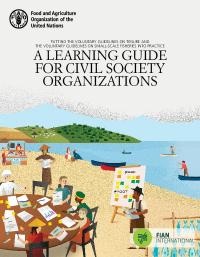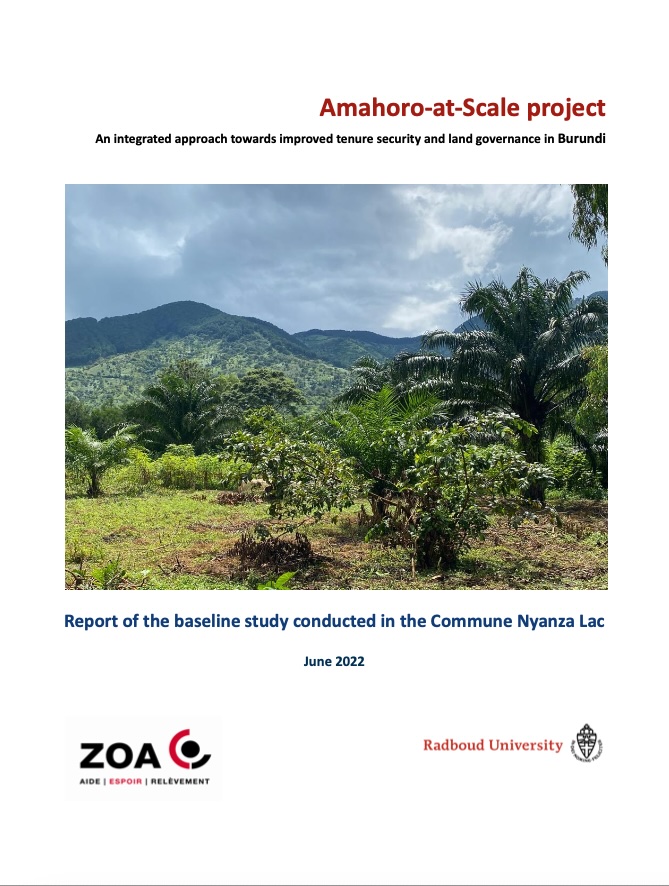A Historical Perspective on Land Tenure Security
In this chapter, we explore the forces that have shaped the current challenge of securing land tenure for those with little voice, power, and means. Focusing on the Global South, we identify trends in the ebb and flow of land tenure security and insecurity, distinguishing between those tied to agricultural-based societies and forest-dependent populations where relevant.




